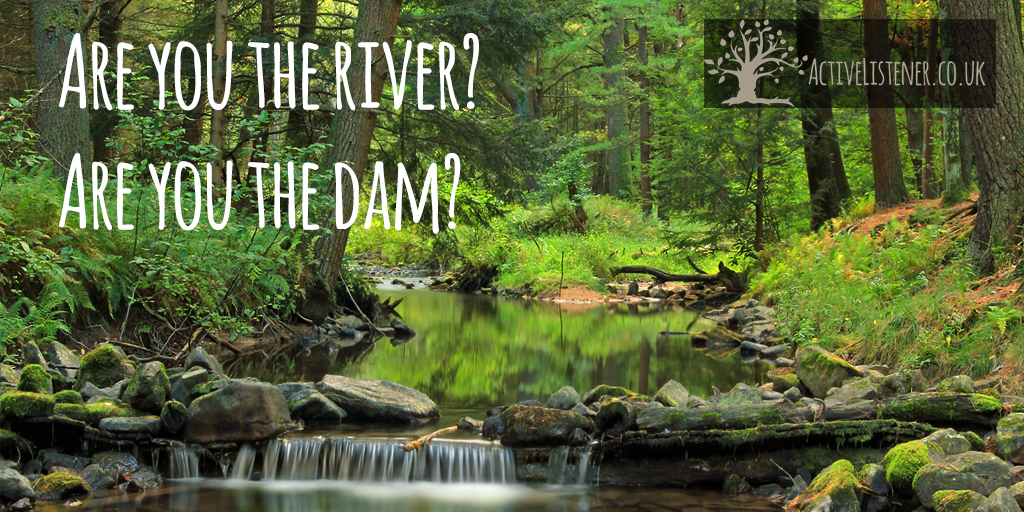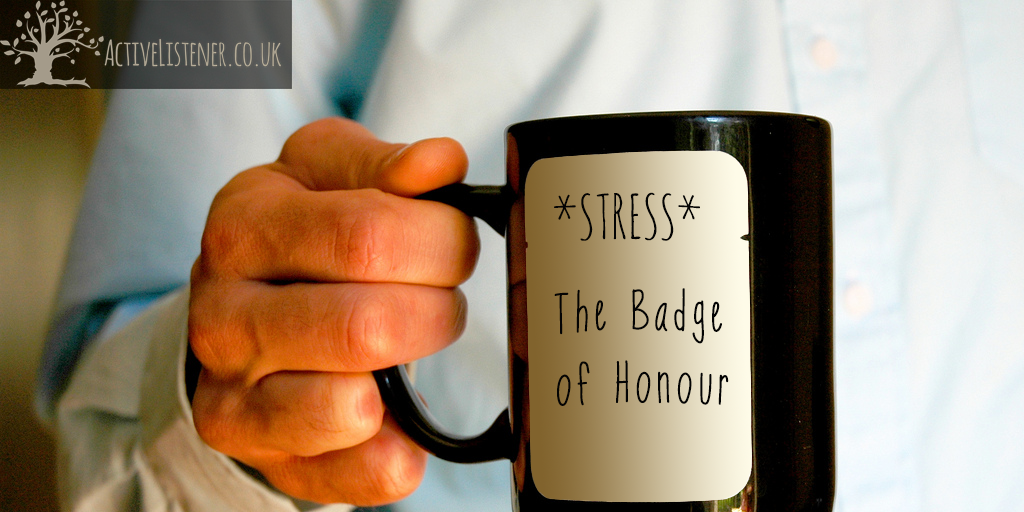Anger Management & Anger Styles
Photo by Brandon Morgan on Unsplash
Anger Management & Anger Styles
Photo by Brandon Morgan on Unsplash
Anger is often thought of as a bad and negative, wild and violent, but it can be a normal, every day, even useful human emotion and many of us feel it frequently and on different scales.
Imagine that door that always sticks that is so annoying, when you pull harder it might be your anger that motivates you and you successfully open it (but maybe not fix it!).
When your young child runs towards the street and you yell out ‘STOP!’, although this might be shocking for the child, being angry might have saved them.
However, if you are someone for which anger can be debilitating, upsetting and even dangerous for you and those around you, then exploring what might be underlying your anger can often help.
Often when people begin to look at why they feel uncontrollably angry they discover that they are actually masking another emotion:
Many boys are still told by their parents that crying is not OK, it’s for wimps, for girls, so what can they do they do when they feel sad? Maybe hitting the person who has upset them is OK? Well, no it’s not, but in some families, maybe explosive behaviour is not as shameful as crying, maybe it is even demonstrated. And so, as this boy grows up, when he inevitably experiences great sadness, loss or maybe depression he might express his pain by lashing out physically and/or verbally. And he might find himself confused and dismayed by his own actions.
Another example might be of a child who was laughed at and shamed by important figures when they were young. As an adult when they do or say something wrong and feel ashamed they might get angry to cover up how silly they feel.
Anger can also have a huge affect on our relationships and we all use anger in different ways to try to get certain needs met. There are many styles that we can take on, here are a few examples:
The Intimidator
This a style used to control others by being aggressive “If I can scare them, they will do what I want”. Intimidators feel that controlling others aggressively is the only way to get what he/she needs.
The Interrogator
The Interrogator wants to get others to see things his/her way by using lots of questions intended to make others feel their behaviour is bad, shameful or upsetting. This way he/she hopes to control others in a manipulative way.

How can counselling help?
The Poor Me
Poor me might not sound angry, but it is a style of anger to try to manipulate others into feeling ashamed about how he/she has been mistreated, “I’ve worked really hard all day in a job I hate to support you and all I get is a mouthful of abuse”. (Note: whining and moaning are anger through a small hole).
The Distancer
The distancer runs away from his/her anger, partly hoping that if he/she doesn’t express it, it will go away, and partly to try to get others attention by getting them to probe him/her about what is wrong. He/she does everything to avoid conflict, intellectualising feelings and denying feeling angry. Think silent treatment.
The Winder-Upper
This style aims to get others to express his/her feelings for him/her. He/she express his/her anger with a put down like “Can’t you take a joke?” or “Don’t get your knickers in a twist!”. He/she tries to hide their anger in a joke but there is always a barb attached.
from: Beating Anger by Mike Fisher










